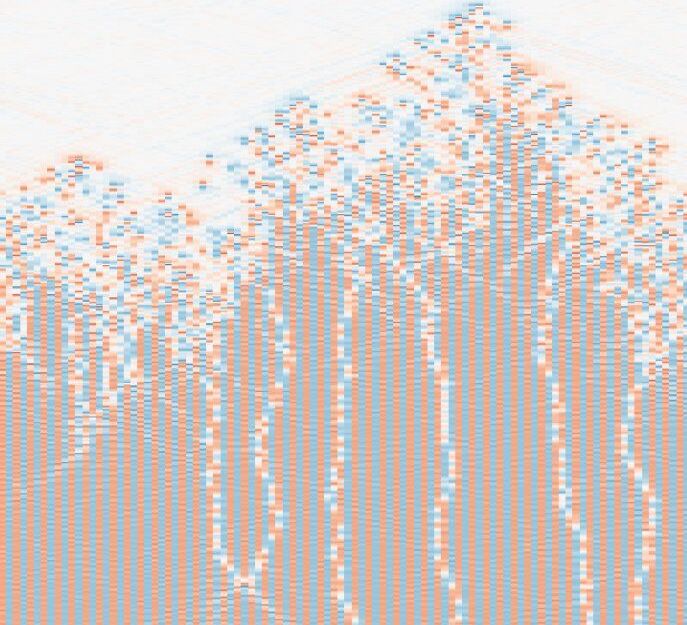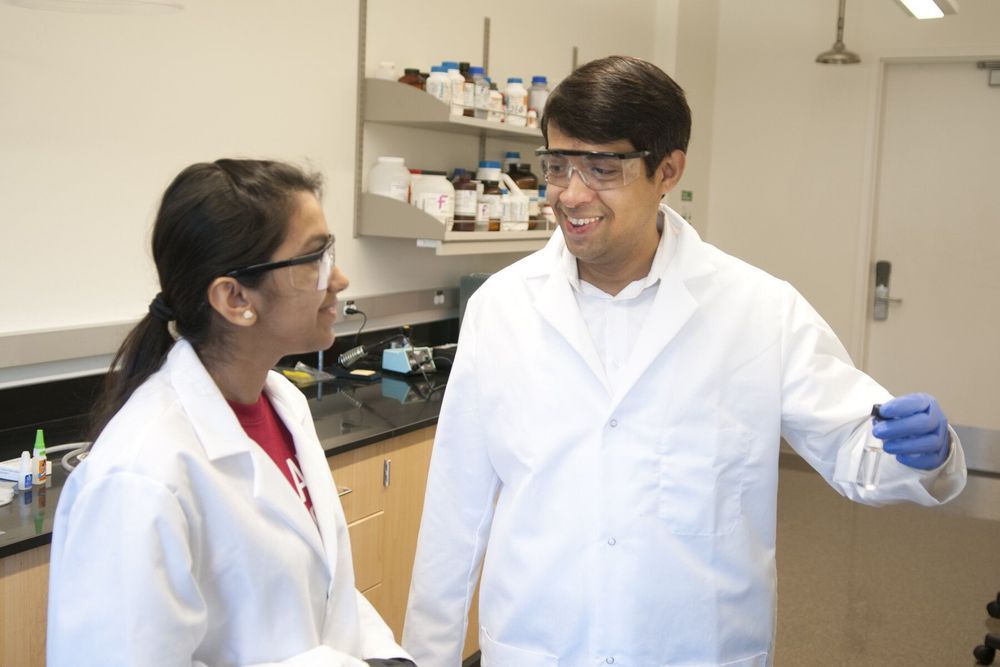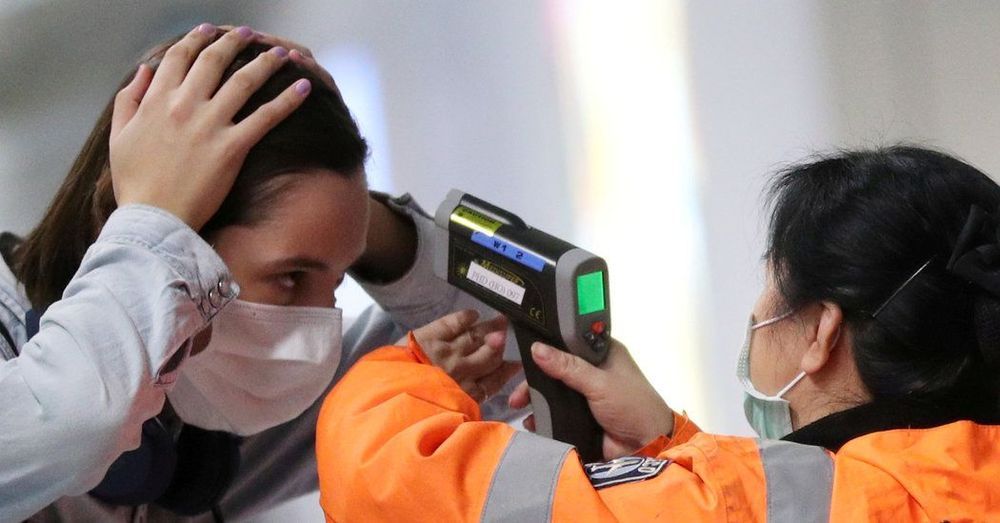Simulating computationally complex many-body problems on a quantum simulator has great potential to deliver insights into physical, chemical and biological systems. Physicists had previously implemented Hamiltonian dynamics but the problem of initiating quantum simulators to a suitable quantum state remains unsolved. In a new report on Science Advances, Meghana Raghunandan and a research team at the institute for theoretical physics, QUEST institute and the Institute for quantum optics in Germany demonstrated a new approach. While the initialization protocol developed in the work was largely independent of the physical realization of the simulation device, the team provided an example of implementing a trapped ion quantum simulator.
Quantum simulation is an emergent technology aimed at solving important open problems relative to high-temperature superconductivity, interacting quantum field theories or many-body localization. A series of experiments have already demonstrated the successful implementation of Hamiltonian dynamics within a quantum simulator—however, the approach can become challenging across quantum phase transitions. In the new strategy, Raghunandan et al. overcame this problem by building on recent advances in the use of dissipative quantum systems to engineer interesting many-body states.
Almost all many-body Hamiltonians of interest remain outside a previously investigated class and therefore require generalization of the dissipative state preparation procedure. The research team therefore presented a previously unexplored paradigm for the dissipative initialization of a quantum simulator by coupling the many-body system performing the quantum simulation to a dissipatively driven auxiliary particle. They chose the energy splitting within the auxiliary particle to become resonant with the many-body excitation gap of the system of interest; described as the difference of the ground-state energy and the energy of the first excited state. During such conditions of resonance, the energy of the quantum simulator could be transferred efficiently to the auxiliary particle for the former to be cooled sympathetically, i.e., particles of one type, cooled particles of another type.







